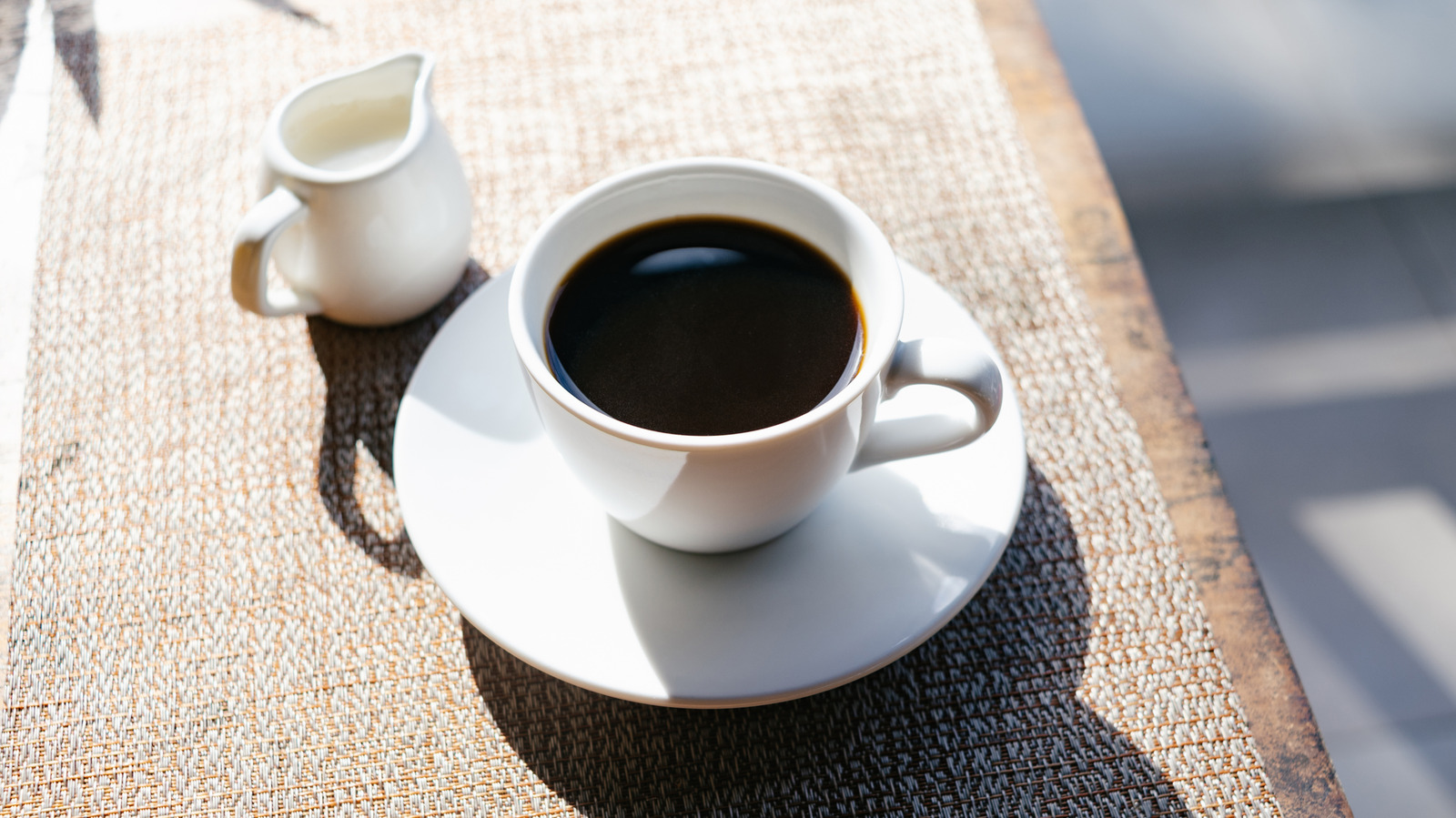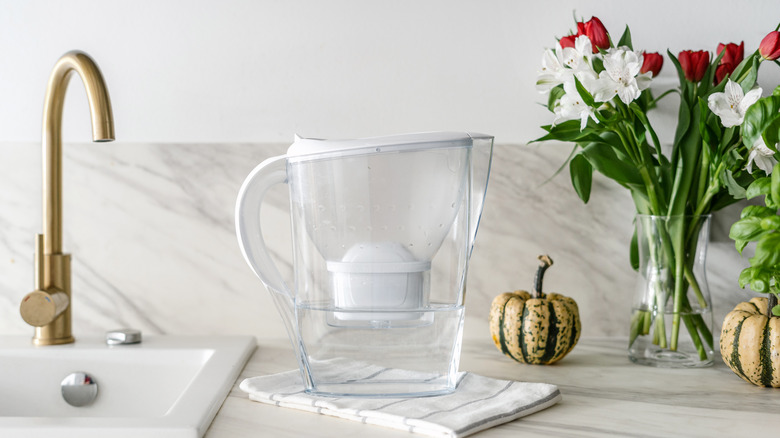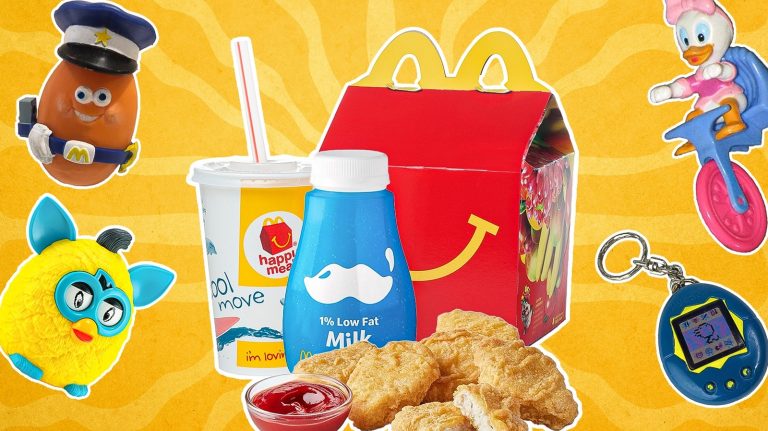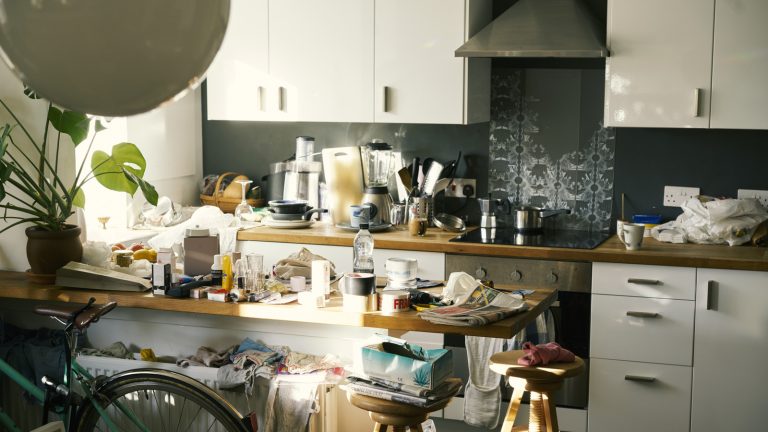If you’re unhappy with the taste of your home-brewed coffee, you’ll probably look for a new bean supplier. However, there could be another culprit: your water and specifically, how many minerals are in it. If you’ve ever heard the terms “hard water” or “soft water,” this is what we’re talking about. Hard water has lots of minerals dissolved in it (typically calcium and magnesium), while soft water has relatively few.
Hard water tends to be the bigger problem when you’re brewing coffee. For one, those minerals can build up inside coffee machines, so you’ll need to descale your machine more often to prevent problems. Hard water also impacts the taste, potentially making your coffee more bitter (if it’s high in magnesium) or astringent if it’s high in calcium. (Side note: Hard water can also impact the taste and texture of food when used for cooking.)
With soft water, you won’t have problems with your machine, but the coffee can be more acidic or even sour in taste, which means a little hardness is ideal. Coffee experts have varying opinions about the “best” water hardness for coffee, but around 150 ppm (parts per million) of minerals makes for a great tasting cup of joe — if you can determine the exact minerality of the water you’re using. (Bottled water should note it on the label.) Aim a bit lower if you’re making filter coffee. Because filter coffee uses more water, those minerals will have a bigger impact.
What to do with water that’s too hard or soft
If you’re making coffee with tap water, you’ll want to find out whether it’s is hard or soft. There are various online tools that allow you to enter your zip code to determine the minerality of your local tap water. Comparable tools exist for other countries, including the U.K. and Canada.
Once you’ve figured that out, there are ways to make your water harder or softer as needed. To make it softer, the easiest choice is probably to simply filter your water with a Brita filter or similar filtering device. It doesn’t really matter whether you go the distance and install a permanent filter on your kitchen tap or if you just use a filter pitcher. Both should work fine. Whether the filtered water is soft enough will vary depending on your local water and the type of filter. (Filters don’t remove all minerals.) If you’re really serious, you can buy testing kits to check, but if not, just use that filtered water knowing that you’ve improved your cup of coffee.
Making water harder is tougher. You can buy elaborate water hardening systems that add minerals, or you can purchase chemicals and add them, although you’ll have to wait for them to fully dissolve. However, it’s easiest to use a bottled water with more minerals, or mix a mineral water with your tap water.






